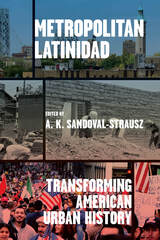10 start with B start with B
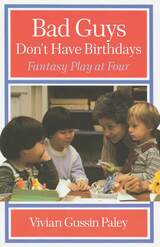
Their play is filled with warnings. They invent chaos in order to show that everything is under control. They portray fear to prove that it can be conquered. No theme is too large or too small for their intense scrutiny. Fantasy play is their ever dependable pathway to knowledge and certainty.
" It . . . takes a special teacher to value the young child's communications sufficiently, enter into a meaningful dialogue with the youngster, and thereby stimulate more productivity without overwhelming the child with her own ideas. Vivian Paley is such a teacher."—Maria W. Piers, in the American Journal of Education
"[Mrs. Paley's books] should be required reading wherever children are growing. Mrs. Paley does not presume to understand preschool children, or to theorize. Her strength lies equally in knowing that she does not know and in trying to learn. When she cannot help children—because she can neither anticipate nor follow their thinking—she strives not to hinder them. She avoids the arrogance of adult to small child; of teacher to student; or writer to reader."—Penelope Leach, author of Your Baby & Child in the New York Times Book Review
"[Paley's] stories and interpretation argue for a new type of early childhood education . . . a form of teaching that builds upon the considerable knowledge children already have and grapple with daily in fantasy play."—Alex Raskin, Los Angeles Times Book Review
"Through the 'intuitive language' of fantasy play, Paley believes, children express their deepest concerns. They act out different roles and invent imaginative scenarios to better understand the real world. Fantasy play helps them cope with uncomfortable feelings. . . . In fantasy, any device may be used to draw safe boundaries."—Ruth J. Moss, Psychology Today

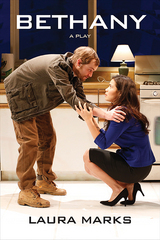
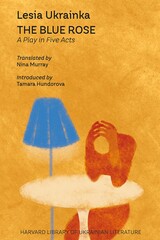
Where is the line that separates the “normal” from the “abnormal”? Liubov, a young Ukrainian woman of small nobility, struggles with this question in Lesia Ukrainka’s The Blue Rose. Living in Ukraine at the turn of the twentieth century, she finds herself outside the norms for a woman: she reads “thick books,” follows music and art, and is interested in science and psychology. She hosts a salon and challenges men in discussions about politics and culture. Liubov is also an orphan whose mother died in an asylum, and she worries about inheriting her mother’s disease as well as passing it on to future children. When Liubov falls in love with Orest, she proposes a radical solution to her dilemma: to pursue something as rare as a blue flower—“pure love” that foregoes the physical and abandons the requirement of marriage and motherhood.
In her commanding debut as a playwright, Ukrainka created a deep psychological rendering of an unattainable ideal. The Blue Rose highlights themes such as women’s struggles for liberation, social progress and its reliance on science, and resistance to change in traditional societies. Written in sophisticated Ukrainian, Ukrainka’s nuanced play helped Ukrainian culture break free of the Russian imperial mold that sought to first provincialize and then erase it. Presented here in contemporary English translation, The Blue Rose illuminates Ukraine’s intellectual history and its connections with Western culture.
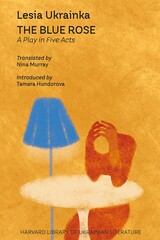
Where is the line that separates the “normal” from the “abnormal”? Liubov, a young Ukrainian woman of small nobility, struggles with this question in Lesia Ukrainka’s The Blue Rose. Living in Ukraine at the turn of the twentieth century, she finds herself outside the norms for a woman: she reads “thick books,” follows music and art, and is interested in science and psychology. She hosts a salon and challenges men in discussions about politics and culture. Liubov is also an orphan whose mother died in an asylum, and she worries about inheriting her mother’s disease as well as passing it on to future children. When Liubov falls in love with Orest, she proposes a radical solution to her dilemma: to pursue something as rare as a blue flower—“pure love” that foregoes the physical and abandons the requirement of marriage and motherhood.
In her commanding debut as a playwright, Ukrainka created a deep psychological rendering of an unattainable ideal. The Blue Rose highlights themes such as women’s struggles for liberation, social progress and its reliance on science, and resistance to change in traditional societies. Written in sophisticated Ukrainian, Ukrainka’s nuanced play helped Ukrainian culture break free of the Russian imperial mold that sought to first provincialize and then erase it. Presented here in contemporary English translation, The Blue Rose illuminates Ukraine’s intellectual history and its connections with Western culture.
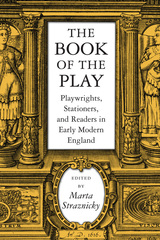
Individually, the essays advance our understanding of play reading as a practice with distinct material forms, discourses, social settings, and institutional affiliation. Part One, "Real and Imagined Communities," includes four essays on play-reading communities and the terms in which they are distinguished from the reading public at large. Cyndia Clegg surveys the construction of readers in prefaces to published plays; Lucy Munro traces three separate readings of a single play, Edward Sharpham's The Fleer; Marta Straznicky studies women as readers of printed drama; and Elizabeth Sauer describes how play reading was mobilized for political purposes in the period of the civil war.
In Part Two, "Play Reading and the Book Trade," five essays consider the impact of play reading on the public sphere through the lens of publishing practices. Zachary Lesser offers a revisionist account of black-letter typeface and the extent to which it may be understood as an index of popular culture; Alan Farmer examines how the emerging news trade of the 1620s and 1630s affected the marketing of printed drama; Peter Berek traces the use of generic terms on title pages of plays to reveal their intersection with the broader culture of reading; Lauren Shohet demonstrates that the Stuart masque had a parallel existence in the culture of print; and Douglas Brooks traces the impact print had on eclipsing performance as the medium in which the dramatist could legitimately lay claim to having authored his text.
The individual essays focus on selected communities of readers, publication histories, and ideologies and practices of reading; the collection as a whole demonstrates the importance of textual production and reception to understanding the place of drama in the early modern public sphere.
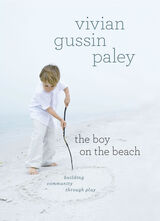
Four-year-old Eli plays alone at the shore, inventing dramas out of sand and water. He is Builder, Fireman, Protector, and Scout, overcoming waves and conquering monsters. Enter Marianne and doll, Mother and Baby, eager to redefine Eli as a good father and homesteader. Their separate visions intertwine in a search for a common ground on which howling wolves and butterfly sisters can learn to understand and need one another.
What can the richly imagined, impressively adaptable fantasy world of these children tell us about childhood, development, education, and even life itself? For fifty years, teacher and writer Vivian Gussin Paley has been exploring the imagery, language, and lore of young children, asking the questions they ask of themselves.
In The Boy on the Beach she continues to do so, going deeper into the mystery of play as she follows Eli and Marianne through the kindergarten year, finding more answers and more questions. How does their teacher, Mrs. Olson, manage to honor and utilize the genius of play to create an all-inclusive community in which boys and girls like each other and listen to each other’s stories? Why is Paley’s fellow teacher Yu-ching in Taiwan certain that her children pretend to be kittens in order to become necessary to the group? And why do teachers in London see their childrens’ role-playing as the natural end to loneliness in the school community?
Rich with the words of children and teachers themselves, The Boy on the Beach is vintage Paley, a wise and provocative appreciation of the importance of play and enduring curiosity about the nature of childhood and the imagination.
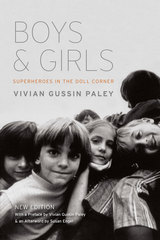
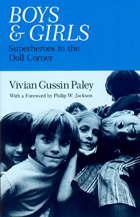
"I will admit my biases up front: having a three-year old daughter of my own made it impossible for this book to be anything but fun to read. I dare anyone who enjoys children not to enjoy this story about stories, this narrative about narratives."—Jerry Powell, Winterthur Portfolio
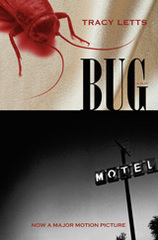
READERS
Browse our collection.
PUBLISHERS
See BiblioVault's publisher services.
STUDENT SERVICES
Files for college accessibility offices.
UChicago Accessibility Resources
home | accessibility | search | about | contact us
BiblioVault ® 2001 - 2025
The University of Chicago Press


